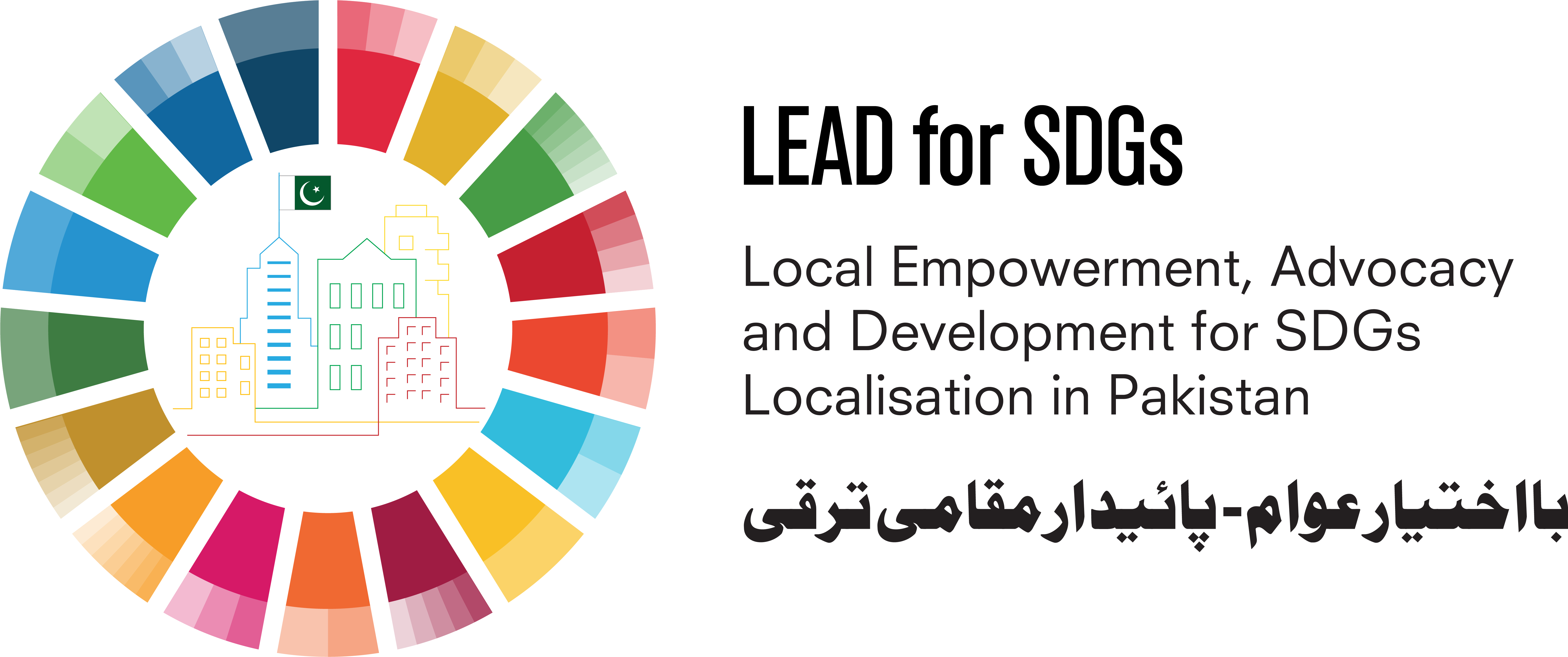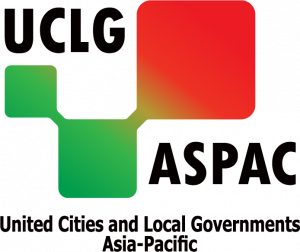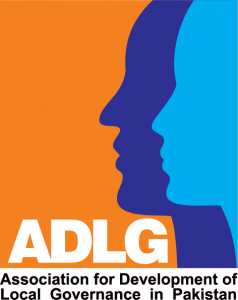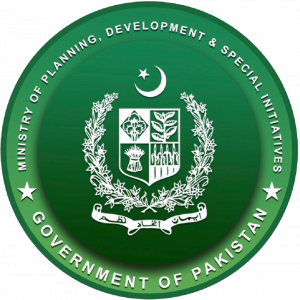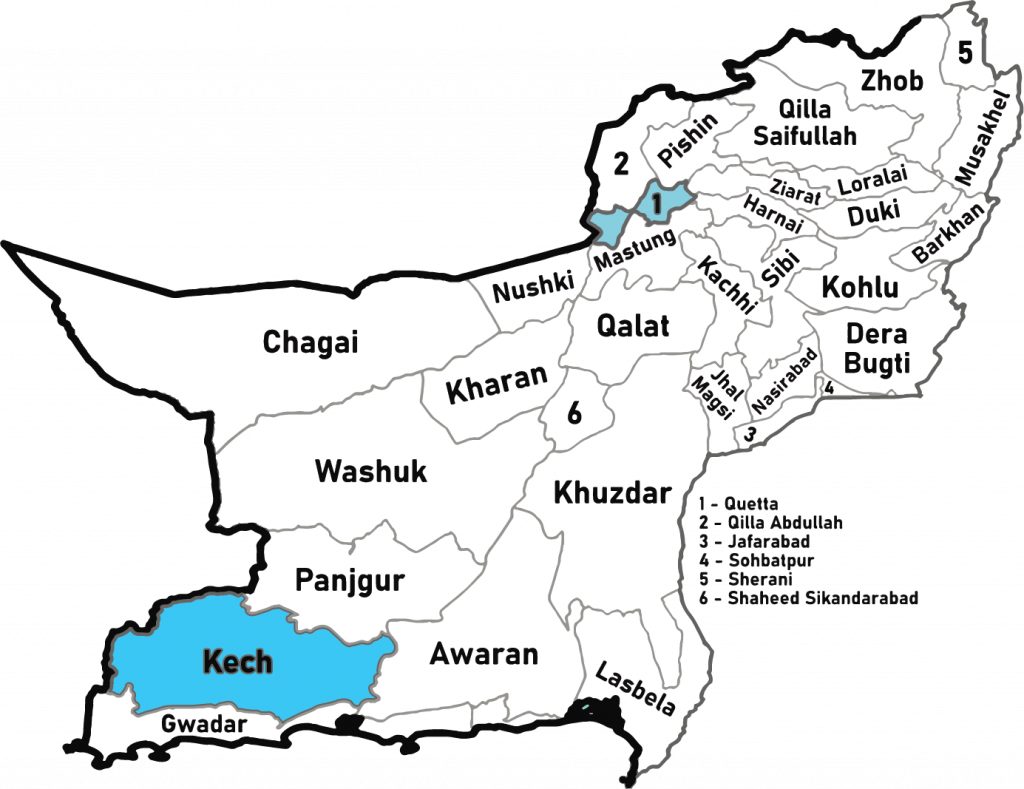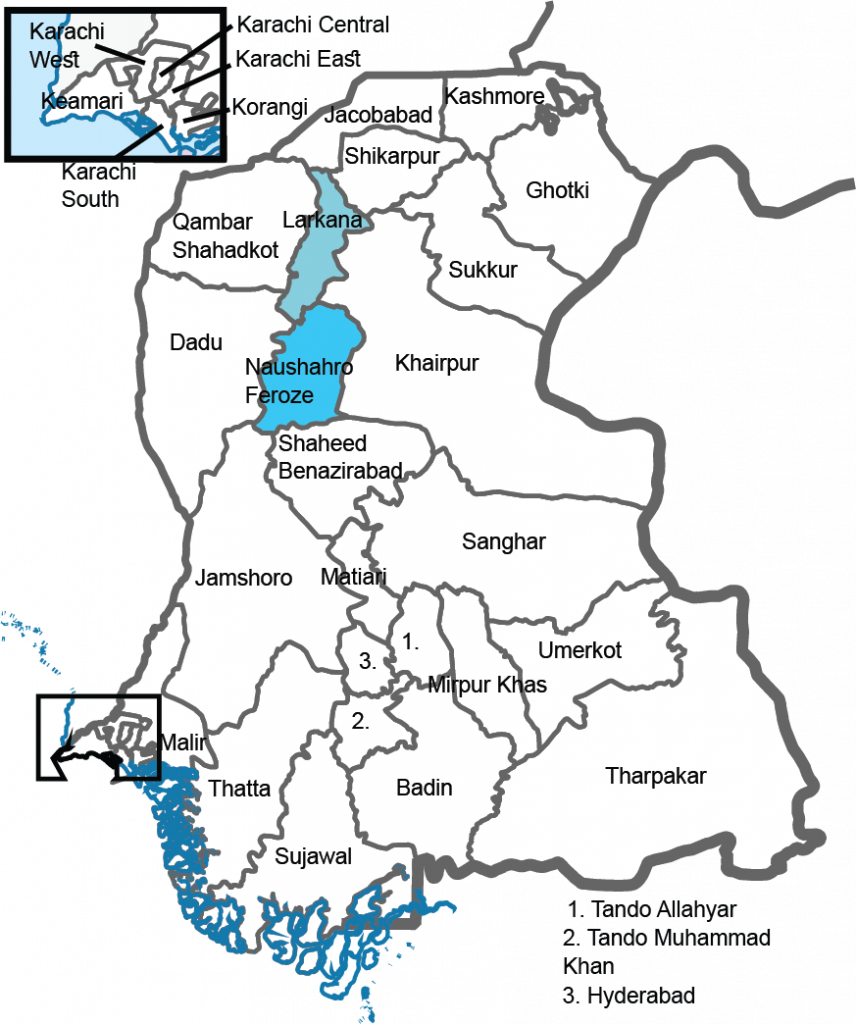The Balochistan and Sindh provinces are the most underprivileged and the poorest regions of the country. There is lack of basic facilities available to communities living in these areas.
Weak and volatile local governance structure is exacerbated by issues of capacity, resources, planning, and development. The EU supports the Governments of Balochistan and Sindh in addressing these challenges, building on the commitment of the Government of Pakistan through the SDGs National Framework. This support also includes capacity development of local governments for planning and development, innovative public service solutions, and advocacy for empowered and strengthened local governance structure to enhance opportunities for economic growth and sustainable livelihood.
